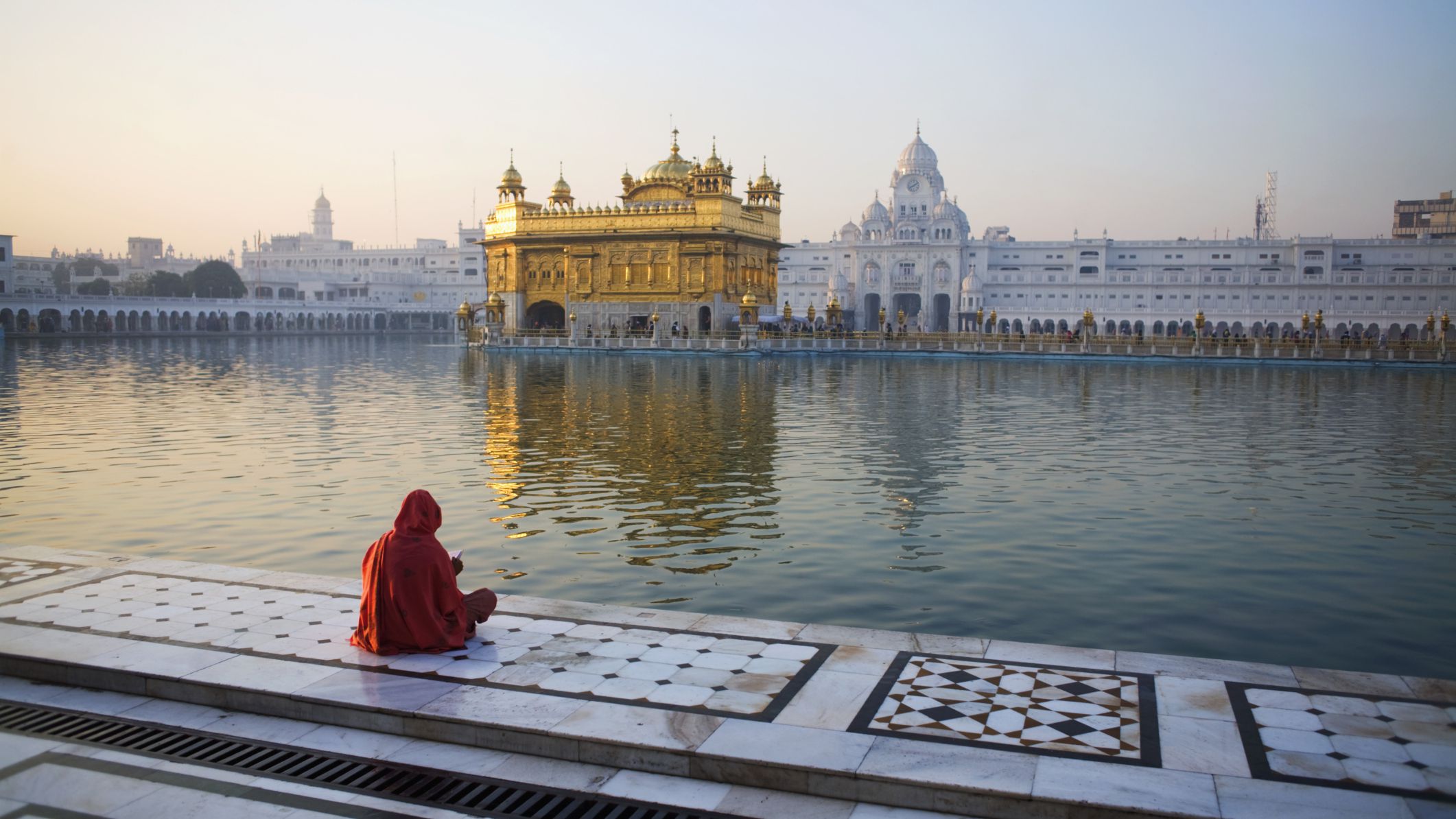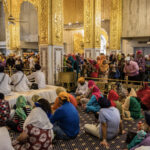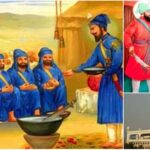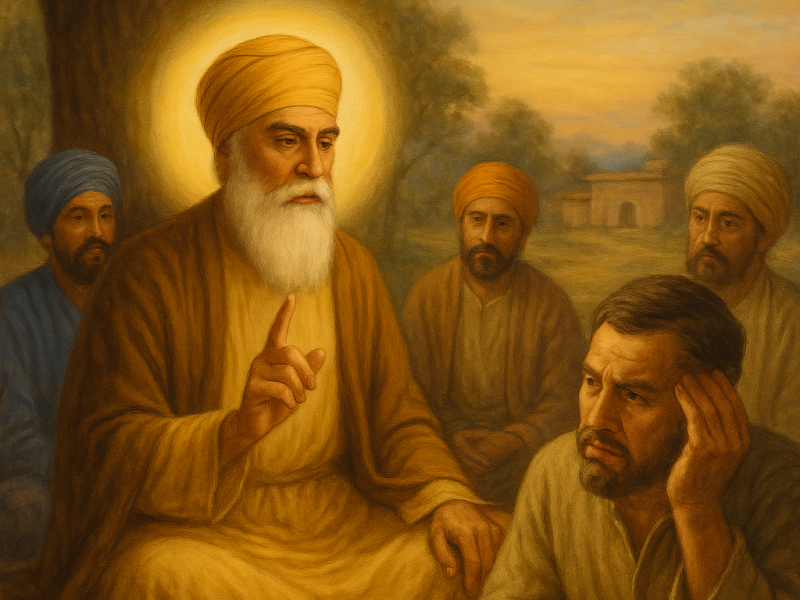According to Sikhism, after a body dies, the soul reincarnates. The good or evil deeds in this life determine the life form into which a soul takes rebirth, according to the Sikhs, who do not believe in an afterlife that is either paradise or hell.
Demonic ego-centered souls who pass away can be doomed to experience excruciating pain and anguish in Narak’s gloomy underworld.
By focusing on God, a soul who is fortunate enough to experience grace triumphs against ego. In Sikhism, the goal of meditation is to cry out the word “Waheguru,” either silently or vocally, to remind oneself of the divine Enlightener. A soul in this situation might be freed from the cycle of rebirth. The region of truth, Sachkhand, offers salvation to the freed soul.
The final thought one has at the time of death influences how one reincarnates, according to Bhagat Trilochan, a writer of the Guru Granth Sahib scripture. According to what the mind last recalls, the soul is born. People who obsess about wealth or worry about money are reborn as serpents and snakes. Those who obsess over thoughts of sex are bred in brothels. Those who remember their sons and daughters are born as pigs, becoming sows with each pregnancy giving birth to a dozen or more piglets. People who obsess over memories of their homes or mansions often manifest as spectral ghosts that stalk the places where those memories were once vivid.
Sikh Statement on the Afterlife in Translation
Aisee chintaa meh jae marai, Ant kaal jo lachhamee simarai
Whoever remembers money and passes away with such ideas does so at the last time…
Aoutarai Sarap jon val val
is repeatedly reborn as a member of the serpent species.
Rehaao || AAree baa-ee gobid naam mat beesarai
Sister, never lose sight of the Name of the Supreme Being. ||Pause||
Aisee chintaa meh jae marai, nAnt kaal jo istree simarai
Whoever remembers having relationships with women and passes away with such thoughts…
Jon val val aoutarai baesavaa
repeatedly takes on the form of a courtesan.
The cycle of samsara is accepted by Sikhs, and they also hold that everyone has a chance to meet Waheguru in mukti. Sikhs must always keep Waheguru in their thoughts to achieve Mukti. They must also behave with compassion and love for others. They, therefore, make an effort to live their lives with God at the center.
Sikhs are not allowed to smoke, drink alcohol, or gamble. They only have one spouse. Every morning, they must pray. They are required to read the Bible every day. The Ten Gurus (teachers) of the Sikhs explained to their followers what God desired, how they should live their life, and how to achieve peace and tranquility. The five Ks—uncut hair Kesh, little comb Kanga, bracelet Kara, special shorts Kacha, and sword Kirpan—must be worn by Sikhs. On a day that Sikhs now commemorate as Vasaikhi, Guru Gobind Singh gave this order to all Sikhs.
The idea of God
Sikh adherents hold that God is the source of all life, including human life. The cosmos was created by God, who is also the power that sustains it. God cannot be known or experienced by the five senses because he is entirely spiritual, without a physical body, and is only a spirit. God is immeasurably superior to and greater than all else in existence (transcendent). Sikhs hold the view that all creation is a part of God because they think that God is also present within all creation, including humans (immanent).
Or Salvation, Mukti
But merely attending to one’s physical, emotional, and intellectual requirements won’t bring about salvation (reunion with God Mukti). Even while the physical world is real in the sense that it is real, it is not real in the sense of being eternal or permanent. The soul is the only truly eternal component of a human being, and God is the sole True Reality (Atma). One will miss the chance to reunite with God if one forgets this and let the material world act as a barrier between them and their soul. Too much focus on Maya (the material components of existence) pulls the soul away from God’s reunification (Mukti).
If a person forgets that human needs and pleasures inevitably pass away and that only the soul endures, they will have wasted the special opportunity that comes with being born a human.
The soul’s migration
The Sikh Gurus propagated the idea that the soul travels through a variety of life forms as part of its existence in the universe. The soul goes towards an ever-closer reunion with the Creator and the One True Reality of which it is a part during this trip, provided the being does good deeds. The soul has inhabited 8.4 million different forms during its time in the physical universe, the human form being just one of them. The soul will have experienced numerous incarnations and taken on a variety of shapes before finally becoming human.








